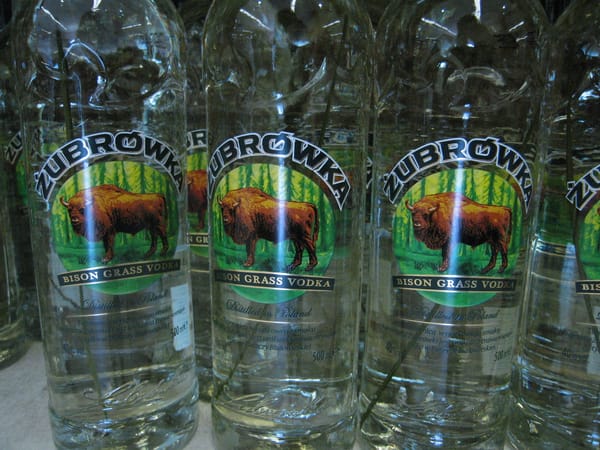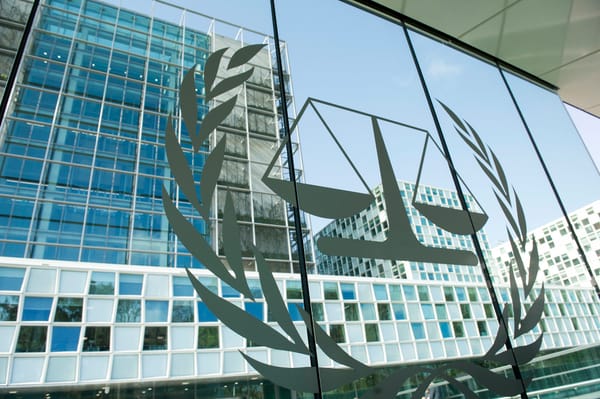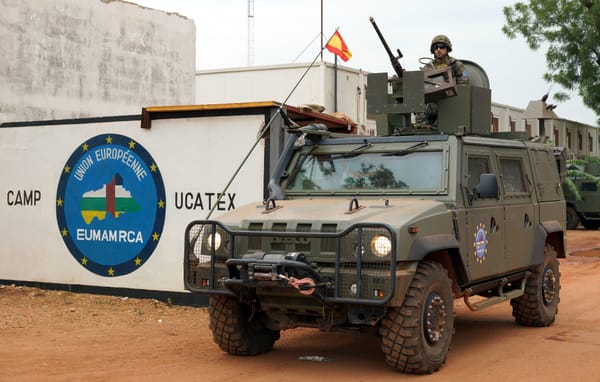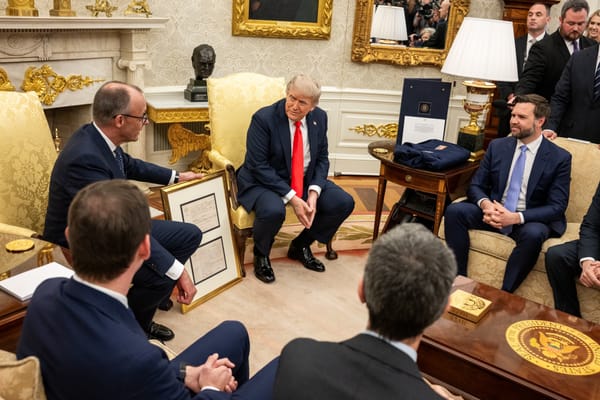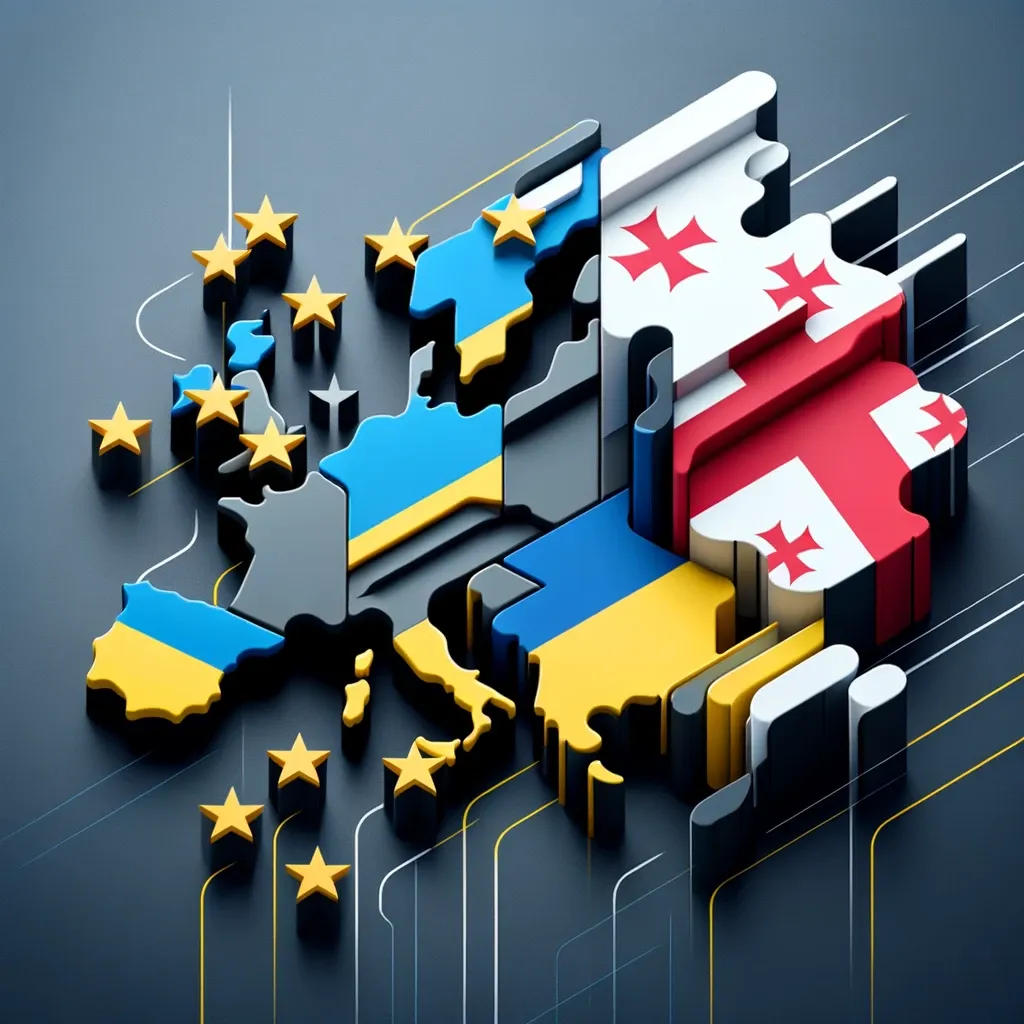
Ukraine, Moldova become EU accession candidates as Scholz sends Orban out of room for vote
EU leaders voted to begin accession negotiations with Ukraine and Moldova, at a historic summit in Brussels on Thursday 14 December. The EU meanwhile designated Georgia – also a former Soviet republic – as a candidate for membership, a significant shift in the EU’s level of engagement with post-Soviet states.
President of the EU Council Charles Michel hailed the decision as a hopeful sign for Europe. Ukrainian President Volodymyr Zelensky expressed enthusiasm. “This is a victory for Ukraine. A victory for all of Europe. A victory that motivates, inspires, and strengthens,” Zelenskyy tweeted.
Orban sidelined for vote
This breakthrough came after hours of objections from Hungarian Prime Minister Viktor Orban, known for his government’s close ties to the Kremlin, who was then reportedly asked by German Chancellor Olaf Scholz to leave the room during the vote, which required unanimity.
The EU Council also agreed to start accession talks with Ukraine, marking a significant step towards EU membership, a goal Ukraine has pursued for over a decade. The move sends a powerful message to Russian President Vladimir Putin amid concerns about waning Western support for Ukraine in its conflict with Russia.
Accession candidates face years of hurdles
Despite the political milestone, experts caution that Ukraine faces several hurdles in its EU membership bid. The country must meet the Copenhagen Criteria, which assess a functioning market economy, adherence to European values like human rights, and a robust democracy. These requirements are challenging for any nation, especially one in wartime.
If Ukraine satisfies these criteria, it can progress to negotiating under the 35 Chapters of the Acquis, which detail accession conditions. These negotiations must be completed and ratified by every EU member state and the EU parliament.
Orban steps aside as EU funds unfrozen
In anticipation of the EU leaders’ summit, there had been much speculation in Brussels about Orban’s intention to potentially vetoing the accession talks.
The Hungarian Democratic Alliance of Ukraine posted an open letter on its Facebook page, requesting Orban’s backing for Ukraine’s EU membership. It argued in favour of Ukraine’s accession to the EU, citing “significant progress in the past year in adhering to the EC’s recommendations for upholding the rights of national minorities”.
Regardless, on Thursday, Orban criticised the decision to start talks with Ukraine as “irrational”, adding that Ukraine still needs to meet several conditions before starting talks.
Just before the summit, the EC released approximately EUR 10bn of Hungary’s cohesion funds, previously withheld due to concerns about democratic regression under Orban’s administration. However, an additional EUR 12bn remains suspended.
MEP protests ‘dangerous precedent’
The release of these funds sparked controversy, with some arguing that Budapest hadn’t sufficiently met the required standards.
German Green MEP Daniel Freund criticised the move on social media, accusing von der Leyen of effectively accepting blackmail from Orban, whom he labeled an autocrat and Putin ally. Freund said rewarding his tactics sets a dangerous precedent.
Brussels insiders and Orban’s senior political advisor Balazs Orban alike pointed out that Hungary will have literally hundreds of opportunities to employ its veto regarding Ukraine in the years ahead.
Despite the controversy surrounding the unfreezing of Hungary’s funds, the mood was generally good among EU leaders. Among them the newly appointed Polish Prime Minister Donald Tusk, who dedicated the decision to the memory of those who sacrificed their lives for a sovereign and European-aligned Ukraine, he tweeted.
Hungary welcomes unlocked funds
While the new accession countries celebrated, politicians from Hungary’s ruling Fidesz party celebrated the unlocking of over EUR 10bn of EU funds. Former European commissioner and incumbent Hungarian Regional Development Minister Tibor Navracsics welcomed the EC’s announcement on unlocking some of Hungary’s cohesion funds.
“Hungary has adopted reforms related to judicial independence which means that part of the Cohesion Policy funding is no longer blocked, and Hungary can start claiming reimbursements of up to some EUR 10.2bn.
“We can be proud that after tough talks over another one year, the EC has acknowledged the fulfilment of the horizontal enabling condition that allows Hungary to access some HUF 4tn in EU resources,” Navracsics wrote on Facebook.
Russia praises Hungarian independence
Russia criticised the EU’s recent decision to initiate membership discussions with Ukraine and Moldova, labelling it politically motivated and potentially destabilising for the EU.
Kremlin spokesperson Dmitry Peskov highlighted the lengthy and rigorous process of EU accession, pointing out that both Ukraine and Moldova currently fail to meet the EU’s stringent criteria for membership.
He expressed concerns about the decision’s political nature, suggesting it was more about the EU showing support for these nations than about their readiness for membership, and praised Hungary for having a mind of its own “unlike most EU countries”.

